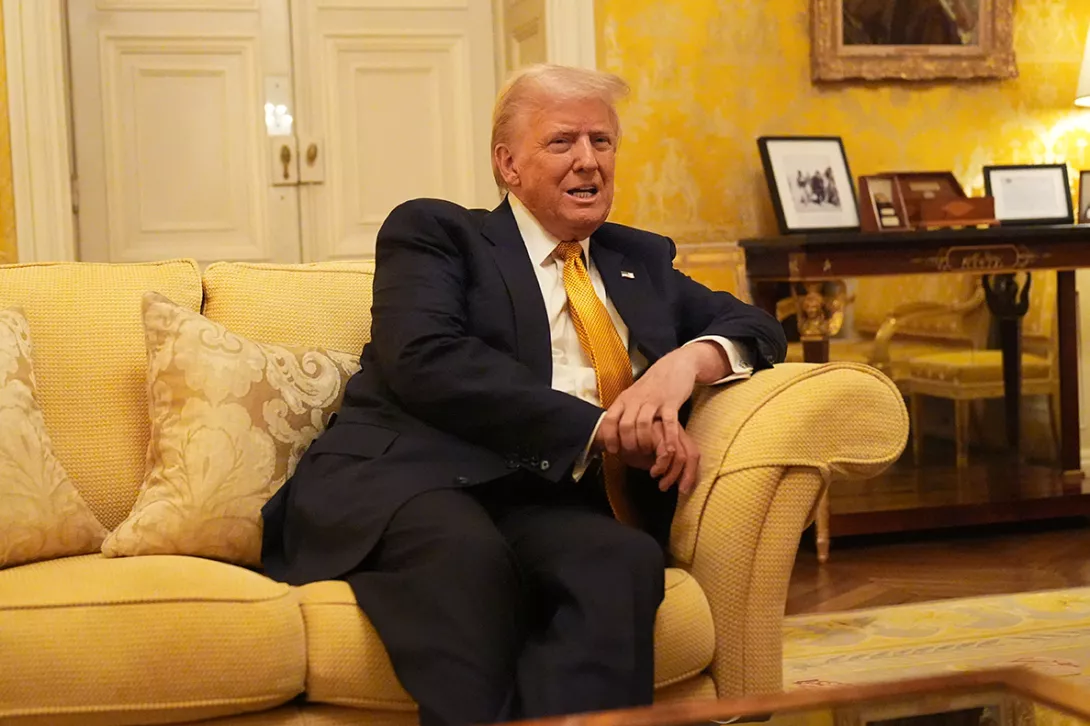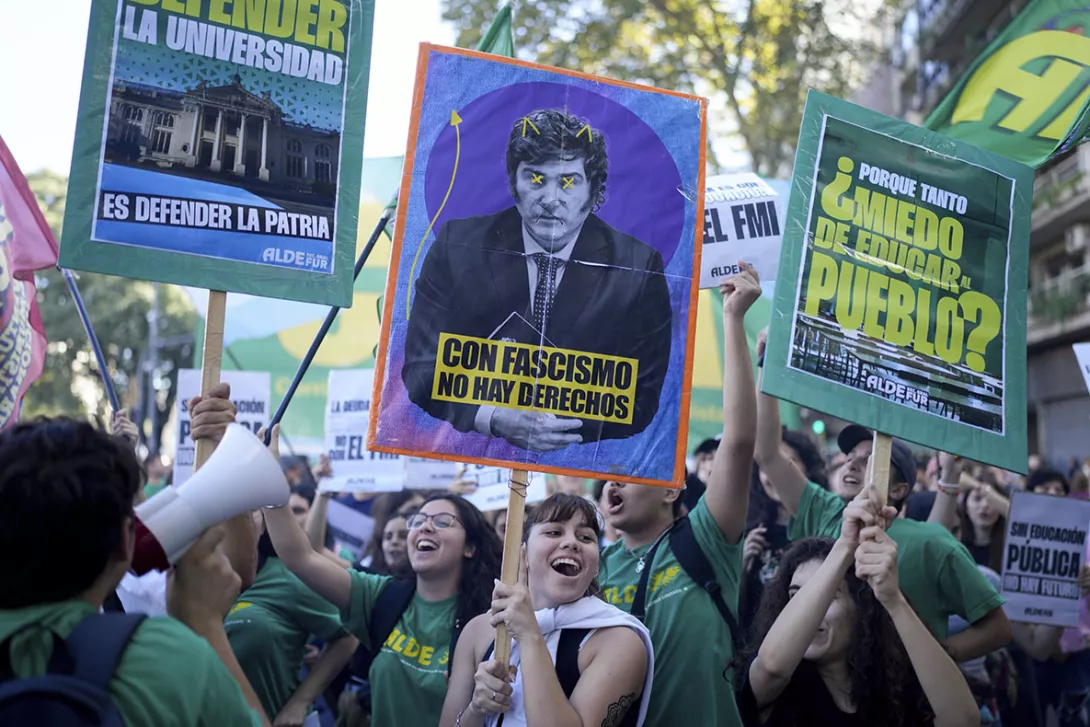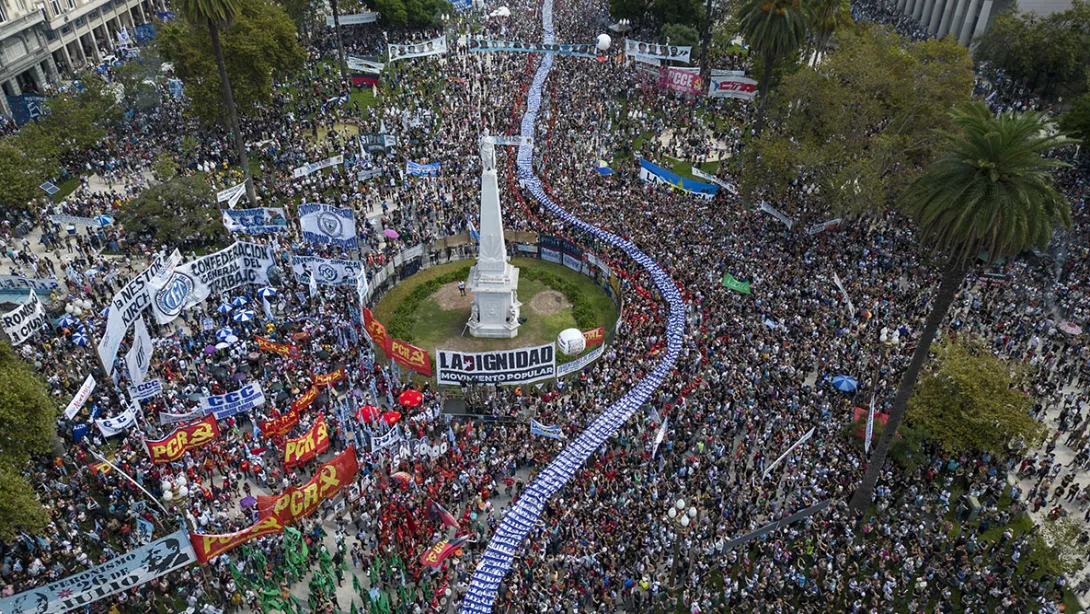On the streets to say ‘never again’
After 100 days of a Javier Milei presidency, hundreds of thousands of Argentinians marked the anniversary of the 1976 coup amid growing revisionism of the brutal dictatorship years. BERT SCHOUWENBURG reports
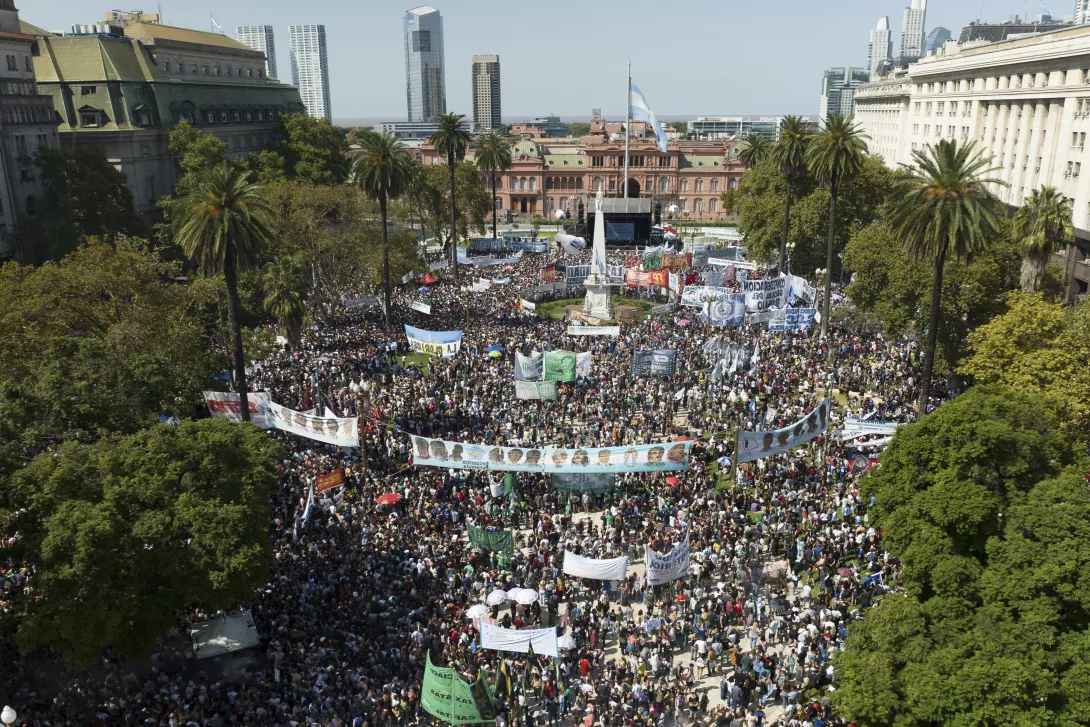
EVERY March 24, hundreds of thousands of Argentinians flood the streets of Buenos Aires and other cities to commemorate those who were killed, tortured or simply disappeared during the military dictatorship that took power on that date in 1976.
This year the marches and demonstrations had particular significance because they took place just after President Javier Milei’s first chaotic 100 days in office following his shock election victory in November of last year.
Until now, it has been widely accepted that during a dictatorship that lasted until 1983, some 30,000 people were taken from their homes, workplaces or from on the streets and were never seen again.
More from this author

ROS SITWELL reports from a conference held in light of the closure of the Gender Identity and Development Service for children and young people, which explored what went wrong at the service and the evidence base for care

ROS SITWELL reports from the three-day FiLiA conference in Glasgow
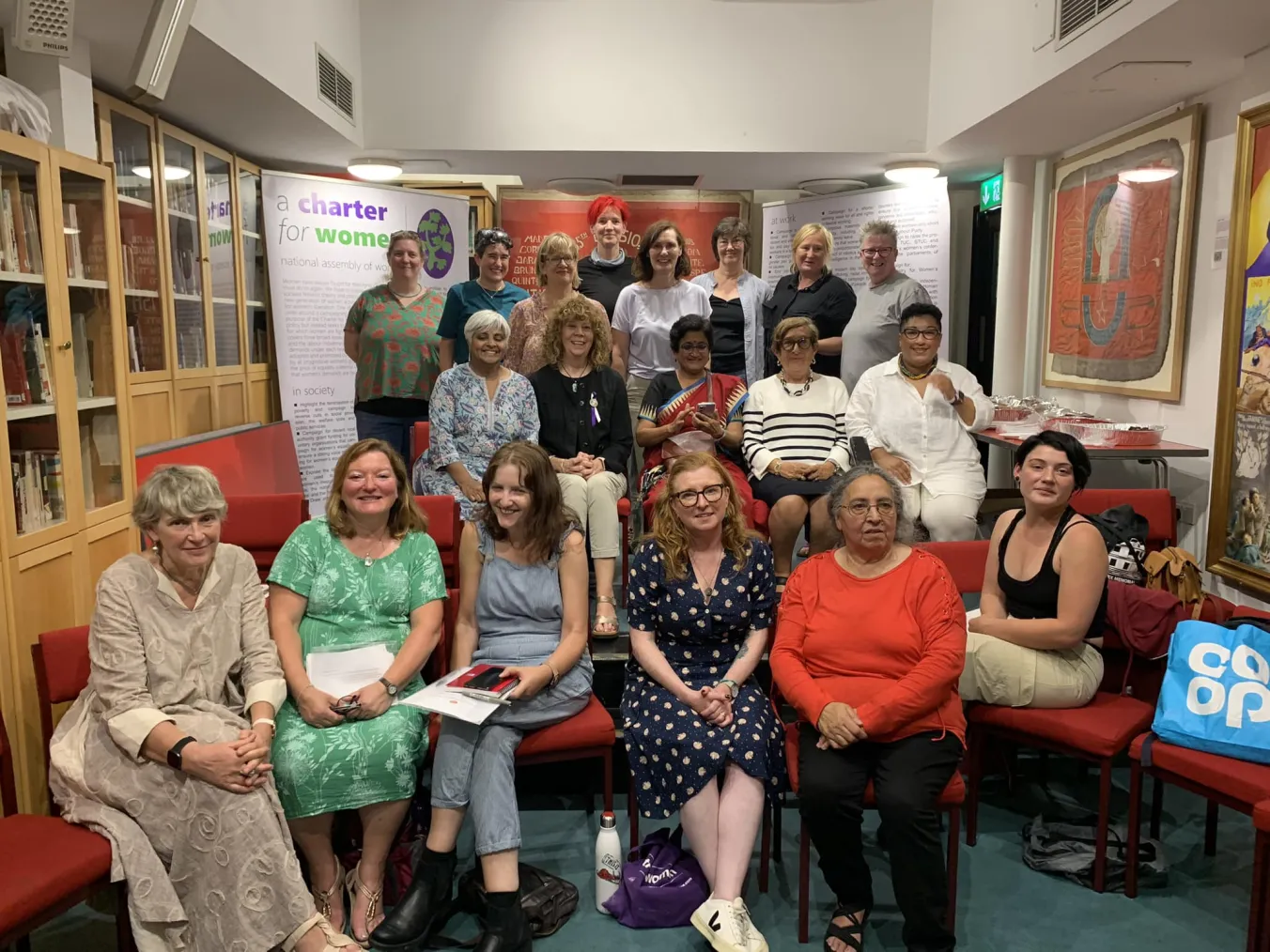
ROS SITWELL reports on a communist-initiated event aimed at building unity amid a revived women’s movement
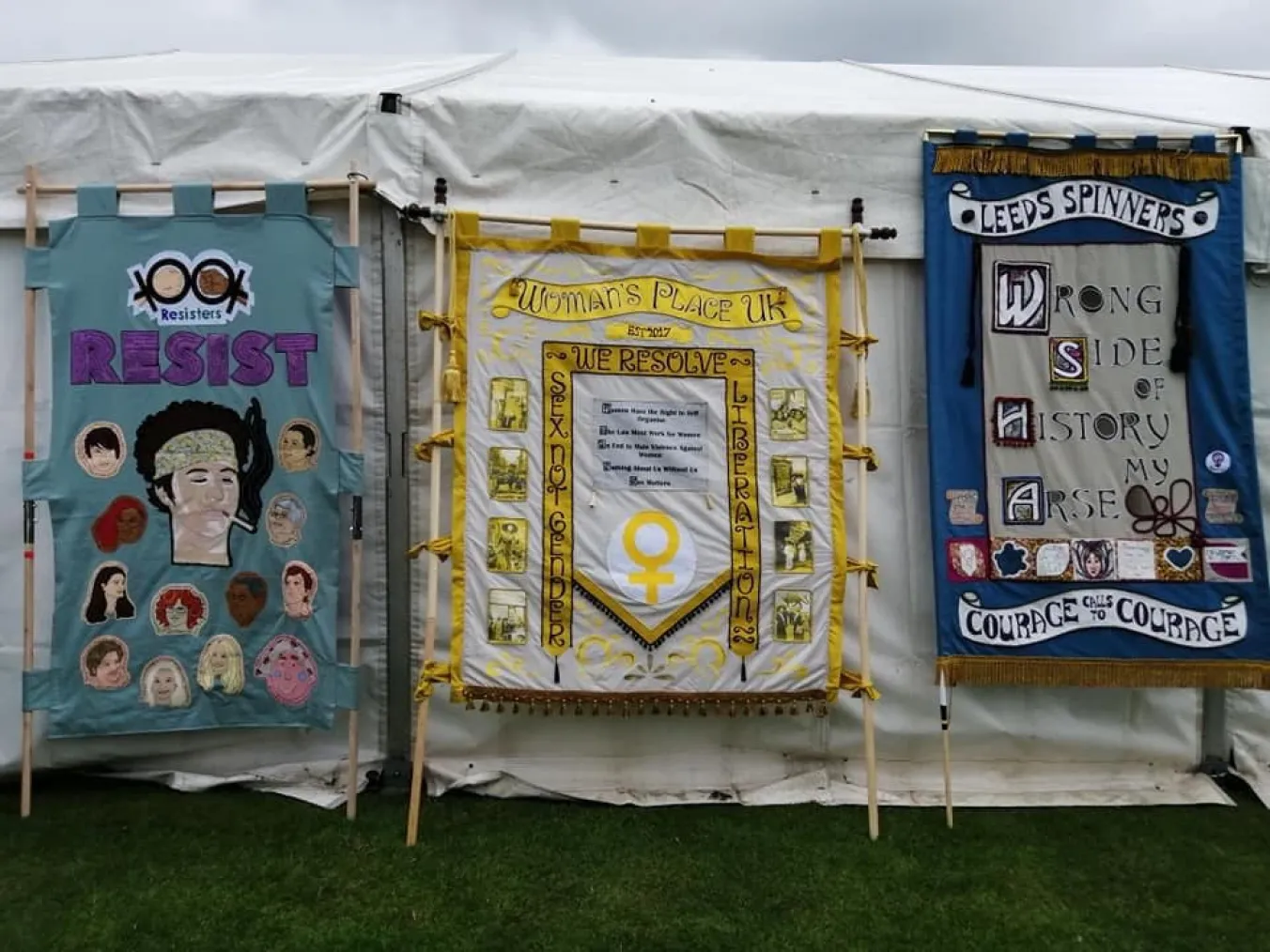
London conference hears women speak out on the consequences of self-ID in sport
Similar stories

BERT SCHOUWENBURG details how the libertarian, radical-right president’s shock doctrine has pushed millions into poverty while dismantling the state and aligning with US imperialism and Israeli slaughter

ADRIANA PELLA of Argentinian trade union federation CGT speaks to Ben Chacko about leading the resistance to Javier Milei


